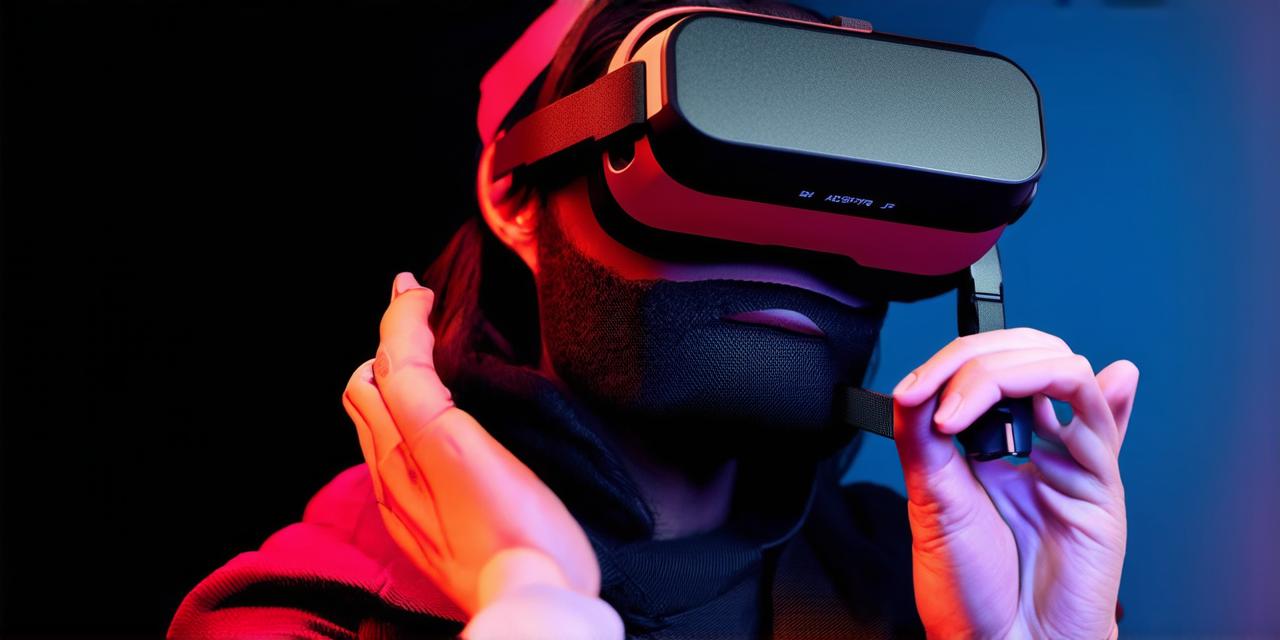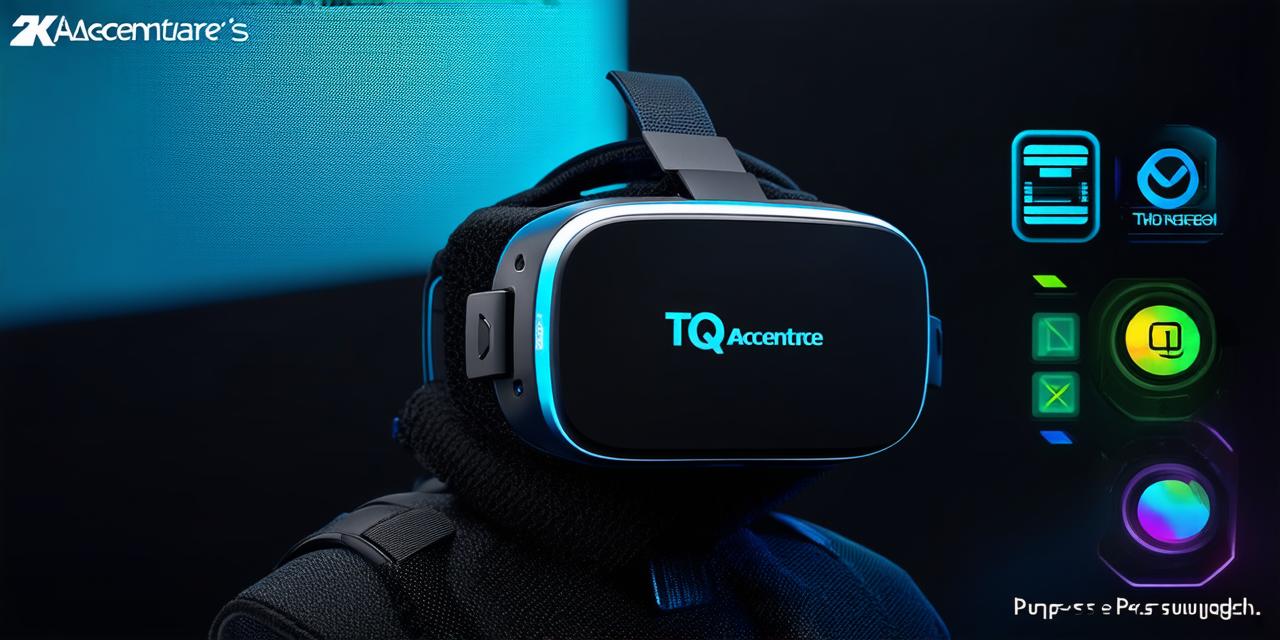Virtual reality (VR) is rapidly changing the way we experience and interact with the world. As an augmented reality (AR) developer, you may be wondering how to take advantage of this exciting technology to launch a virtual reality business. In this article, we’ll explore the steps you need to take to get started on your VR journey.
1. Identify Your Niche
The first step in launching a virtual reality business is to identify your niche. This could be anything from gaming and entertainment to education and training. The key is to find an area where there is a demand for VR experiences and where you can offer something unique and valuable.
2. Conduct Market Research

Once you’ve identified your niche, it’s time to conduct market research. This will help you understand your target audience, what they need from a VR experience, and how you can meet those needs. You may also want to look at your competitors and see what they are doing well and where there is room for improvement.
3. Create a Business Plan
Your business plan should outline the goals of your virtual reality business, your target market, your competition, your marketing strategy, your revenue model, and your financial projections. This will help you stay on track as you start your business and give you a roadmap for success.
4. Build Your VR Experience
Now it’s time to build your virtual reality experience. There are many tools available for creating VR content, including Unity, Unreal Engine, and A-Frame. You may also want to consider hiring a team of experienced developers to help you create your experience.
5. Launch Your Virtual Reality Business
Once you’ve built your VR experience, it’s time to launch your virtual reality business. This will involve marketing your experience and making it available to your target audience. You may also want to consider partnering with other businesses or organizations to help promote your experience.
6. Monetize Your Virtual Reality Business
Finally, you’ll need to find a way to monetize your virtual reality business. This could be through subscription fees, advertising, or by selling merchandise related to your experience. You may also want to consider offering additional services, such as custom VR experiences for businesses or organizations.
Real-Life Examples of Successful Virtual Reality Businesses
There are many successful virtual reality businesses out there that you can learn from. Here are a few examples:
- Oculus: Oculus is one of the largest virtual reality companies in the world, with a market capitalization of over $200 billion. They create VR hardware and software, including the popular Oculus Quest 2.
- Beat Saber: Beat Saber is a virtual reality music game that has become incredibly popular since its release in 2018. It has sold over 2 million copies and has received critical acclaim from both players and critics.
- Virtual Reality Tours: Many hotels, real estate companies, and other businesses are using virtual reality to offer customers immersive tours of their properties. This can be a great way to showcase a property in a unique and memorable way.
FAQs
What kind of skills do I need to launch a virtual reality business?
To launch a virtual reality business, you’ll need strong programming skills, as well as experience with virtual reality technology. You may also want to consider hiring a team of experienced developers or designers to help you create your experience.
How much money do I need to launch a virtual reality business?
The amount of money you need to launch a virtual reality business will depend on the scope and complexity of your project. However, even small-scale VR experiences can be expensive to develop, so it’s important to have a clear budget in place before you start.




